Introduction
Running a Shopify store today isn’t just about listing products—it’s about delivering rich, accurate, and consistent product information across every channel. Customers expect clear product details, high-quality images, accurate specifications, and up-to-date availability before they hit “buy.”
But here’s the challenge: managing large product catalogs manually leads to errors, delays, and inconsistent data across multiple channels.
That’s where a Shopify PIM (Product Information Management) app comes in. The right PIM solution lets merchants centralize product data, simplify updates, enhance content for SEO, and distribute it effortlessly across Shopify and other channels.
In this guide, we’ll explore everything you need to know about the Shopify PIM, why it’s crucial for growth, how to integrate it with Shopify, and how B2Sell PIM can help your business stay ahead.
What is a Shopify PIM ?
Shopify PIM refers to a Product Information Management system tailored for Shopify merchants. It acts as a central hub for collecting, enriching, and distributing all product-related data across Shopify stores and external sales channels.
Think of it as your “single source of truth” for all product information management. Instead of managing thousands of SKUs across multiple spreadsheets, Shopify’s backend, and third-party marketplaces, a PIM consolidates everything into one central hub.
Types of Data Managed by a Shopify PIM
- Product names & descriptions
- SKUs and product codes
- Pricing & discounts
- Inventory data
- Technical specifications
- SEO metadata (titles, tags, keywords)
- Images, videos, PDFs, manuals
- Translations for multi-language stores
👉 In simple terms: A Shopify PIM is the backbone of modern eCommerce product management, making sure your customers always see the right product details.
Why Product Information Management Matters for Shopify
Without a robust PIM system, Shopify merchants encounter several key challenges:
- Data silos: Product information scattered across teams and platforms.
- Duplicate work: Updating data separately in Shopify, Amazon, eBay, etc.
- Inconsistent details: Customers see mismatched descriptions and pricing.
- Slow time-to-market: Launching new products takes days, not hours.
- Poor SEO visibility: Weak or duplicate product content doesn’t rank.
With a Shopify PIM app, you can:
✅ Ensure consistent, accurate product data everywhere
✅ Improve SEO performance with optimized content
✅ Speed up product launches
✅ Scale to multiple stores and channels
✅ Build customer trust and loyalty
Key Features of the Best PIM for Shopify
When choosing the Best PIM for Shopify, look for features that directly impact scalability, SEO, and operational efficiency.
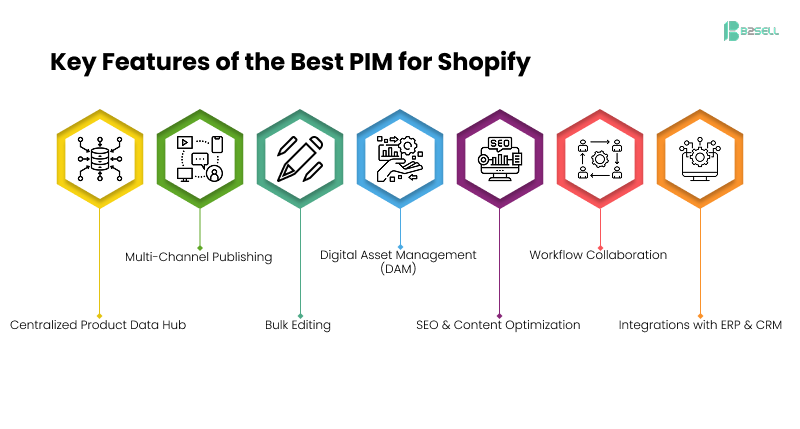
1. Centralized Product Data Hub
Manage every detail of your catalog in one place—eliminating duplication.
2. Multi-Channel Publishing
Publish updates instantly across Shopify, Amazon, eBay, Walmart, Google Shopping, and other channels.
3. Bulk Editing
Edit thousands of SKUs in a few clicks. For example: updating all size charts at once.
4. Digital Asset Management (DAM)
Organize and link high-quality product images, videos, and manuals in one place.
5. SEO & Content Optimization
Optimize product titles, descriptions, and metadata with built-in SEO tools.
6. Workflow Collaboration
Assign roles, manage approvals, and track product updates across teams.
7. Integrations with ERP & CRM
Sync product data seamlessly with your backend systems for better operations.
Benefits of Using a Shopify PIM
Let’s break down how a Shopify PIM solution impacts your business:
- Data Accuracy – Reduces errors in pricing and descriptions. Example: Avoid customers seeing two different prices on Shopify vs. Amazon.
- Faster Launches – Enables quicker time-to-market. Example: Launch a new collection in hours instead of days.
- SEO Boost – Optimizes titles, descriptions, and metadata. Example: Improved Google rankings lead to more traffic.
- Better Customer Experience (CX) – Delivers consistent, trustworthy information. Example: Customers get the right details, which means fewer returns and higher satisfaction.
- Scalability – Handles thousands of SKUs without chaos. Example: Grow from 200 to 20,000 products smoothly.
- Multi-Channel Growth – Expands reach across sales channels. Example: Sell on Shopify and multiple marketplaces using the same unified product data.
Shopify PIM vs. Manual Product Management

👉 Bottom line: A Shopify PIM saves time, reduces errors, and makes scaling effortless.
How to Integrate a PIM System with Shopify
One of the most common questions is: “How do I integrate a PIM system with Shopify?”
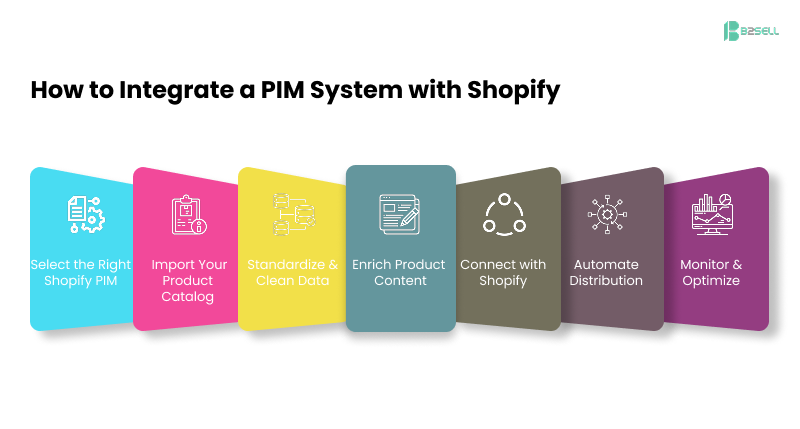
Here’s the step-by-step process:
Step 1: Select the Right Shopify PIM
Look for features like multi-channel publishing, automation, and scalability.
Step 2: Import Your Product Catalog
Upload existing product data from Shopify, spreadsheets, or ERP systems into the PIM.
Step 3: Standardize & Clean Data
Remove duplicates, unify formats (e.g., “Red” vs “Crimson”), and fix errors.
Step 4: Enrich Product Content
Add SEO-friendly descriptions, translations, attributes, and digital assets.
Step 5: Connect with Shopify
Seamlessly sync your PIM with your Shopify backend to ensure real-time updates.
Step 6: Automate Distribution
Push updates across Shopify and other sales channels instantly.
Step 7: Monitor & Optimize
Leverage analytics to monitor product performance, measure SEO impact, and optimize conversion rates.
Best PIM for Shopify: What to Look For
When selecting the best PIM software for Shopify, consider:
- Shopify compatibility
- Multi-store support
- Bulk editing capabilities
- SEO tools
- ERP/CRM integrations
- Scalability for future growth
👉 Read more: Revolutionize Shopify with B2Sell PIM Solutions in 2025
Why B2Sell PIM is the Best Choice for Shopify Merchants
B2Sell’s Shopify PIM is purpose-built for distributors, wholesalers, and growing ecommerce businesses. Here’s why it stands out:
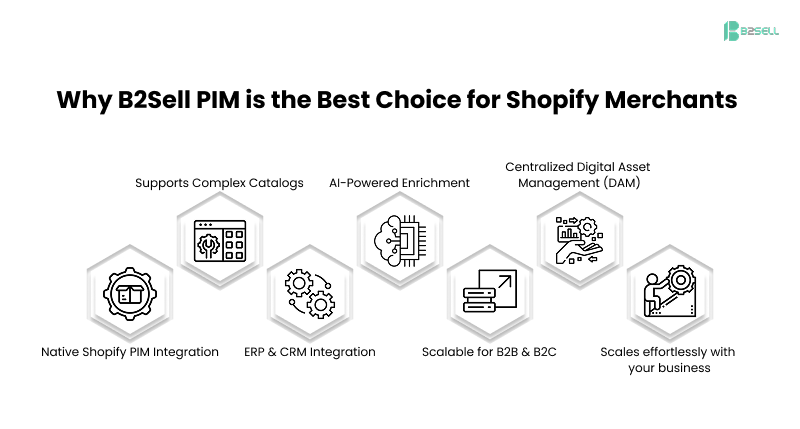
- Native Shopify PIM Integration → Real-time syncing between PIM and Shopify.
- Supports Complex Catalogs → Handle thousands of SKUs, attributes, and categories.
- ERP & CRM Integration → Sync product data across ERP systems like NetSuite, Epicor, SAP, Prophet 21, and more.
- AI-Powered Enrichment → Leverage AI tools to refine product descriptions, metadata, and SEO for improved visibility and customer engagement.
- Scalable for B2B & B2C → Adapts seamlessly to retail, wholesale, and hybrid business models.
- Centralized Digital Asset Management (DAM) → Manage all product images, videos, and specs in one place.
- Scales effortlessly with your business—whether you manage 100 products or 100,000.
👉 With B2Sell PIM Software for Shopify, you get more than a product catalog manager—you get an integrated ecommerce ecosystem.
Real-World Example: Shopify Store Transformation
A Shopify-based electronics retailer had 10,000+ SKUs and was struggling with:
- Inconsistent product data across Shopify, Amazon, and Google Shopping
- Delays in launching new products
- Customer complaints due to mismatched specs
After adopting B2Sell Shopify PIM:
- Time-to-market reduced by 60%
- Data accuracy improved by 90%
- SEO traffic increased by 40% within 3 months
- Return rates dropped thanks to consistent product details
Best Practices for Shopify PIM Success
- Standardize attributes (size, color, material) for easy filtering.
- Optimize for SEO by enriching product content with keywords.
- Use automation for bulk updates to save time.
- Regularly audit data for duplicates or outdated details.
- Leverage digital assets—images and videos improve conversions.
Expanded FAQs
What is Shopify PIM?
Shopify PIM is a product information management system that centralizes and syncs product data across your Shopify store and other channels.
What is the best PIM for Shopify?
The best PIM for Shopify is one that offers easy integration, automation, and multi-channel publishing. B2Sell PIM is a top choice.
How do you integrate a PIM with Shopify?
Integration involves choosing a PIM, importing data, cleaning and enriching it, then connecting Shopify for automated syncing.
Why is PIM important for Shopify merchants?
Because it ensures accurate, SEO-friendly product data—leading to better customer experience, higher rankings, and more conversions.
Is PIM different from Shopify’s product management tools?
Yes. Shopify has basic tools, but PIM offers advanced automation, bulk editing, SEO optimization, and multi-channel capabilities.
Can Shopify PIM apps handle large catalogs?
Absolutely. PIM systems are designed to scale—whether you sell 500 or 50,000 products.
Does PIM improve Shopify SEO?
Yes. By standardizing and enriching data, PIM helps optimize product listings for higher organic visibility.
Conclusion: B2Sell Shopify PIM Integration
Scaling a Shopify store requires more than just great products—you need consistent, accurate, and SEO-optimized product data across every channel.
A Shopify PIM makes this possible by centralizing data, streamlining updates, and enabling fast growth.
With B2Sell PIM, you’ll get:
✅ Seamless Shopify integration
✅ Centralized product management
✅ Multi-channel distribution
✅ SEO-friendly enrichment
✅ Bulk editing and automation
✅ Scalability for future growth
👉 Don’t let poor product data hold back your Shopify business.
Get Started with B2Sell Shopify PIM Today

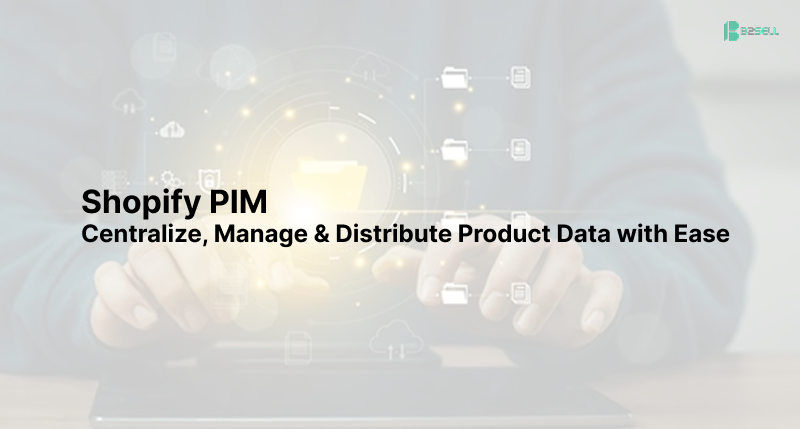

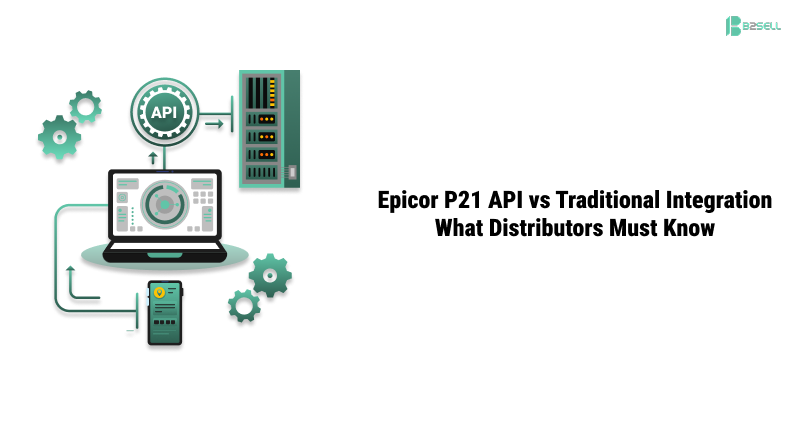
%C2%A0.png)


.png)